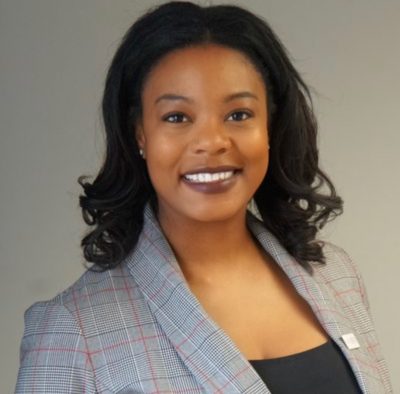Dear Colleagues,
I hope this greeting and update finds you all well and healthy. It has certainly been a strange twenty months as we have had to find ways to adapt and develop new ways of relating, teaching, learning, and working. For some of you, things may feel a bit more “back to normal” and others may find that there are lessons learned through the pandemic that we can incorporate into our family and work lives.
Here, at the School of Social Work, we are nearing the end of the fall semester, with almost all our classes taught in person and with appropriate health measures. For most of our second year MSW students, this is the first time they have stepped foot on our campus, having taken the three prior semesters online. Our BSW and MSW students are back in their field settings and they and our partner agencies have certainly found this preferable to providing remote services. At the same time, we know that current and residual effects of the COVID pandemic have disproportionately affected many of the communities we serve. Where possible, we have placed more students in agencies who have expressed significant needs of their clients and opportunities for our students. As always, we are grateful to our community partners for their role in educating the next generation of social work practitioners.
Our faculty continue to engage our students in our classrooms and through advising and mentoring. They are also engaged in research and scholarship that explores pressing social issues such as substance abuse; food insecurity; juvenile justice; the isolation experienced by many older adults; health, educational, and economic disparities; and the effects of racism.
Of particular note, is the forthcoming book by two UConn professors, Dr, Ann Marie Garran, and Dr. Lisa Werkmeister Rozas, along with Dr. Hye-Kyung Kang and Dr. Josh Miller. Racism in America: Implications for the Helping Professions, 3rd Ed., to be released at the end of December, this book addresses historical, structural, theoretical, and interpersonal perspectives. This is the right moment for this book, and it provides a critical overview of contemporary issues around race, with a particular focus on the educational and professional needs of social workers and other related practitioners.
The SSW embarked on a Strategic Planning Process last spring, under the leadership of Associate Dean for Academic Affairs, Dr. Joanne Corbin and Doctoral Program Director, Dr. Scott Harding. We will continue our work for the next several months with a completion date of mid-spring 2022. Our aim Is to produce a living document that emphasizes our strengths and guides us through investment in areas for development and expansion. Core to this plan is a focus upon multiple aspects of diversity, inclusion, and equity and the creation of an anti-racist culture at the school. Our ultimate goal is to promote a sense of belonging for all, while preparing to meet the multiple needs of the communities and profession we serve, through our teaching, scholarship and community engagement. Our focus upon emerging needs.
We always look forward to connecting with our alumni and hearing about all you are doing with your UConn SSW degree. Our students are eager to see what their degree can do for them and what they, in turn, can give back to the profession and people we serve.
Please come and visit, support our students through the UConn Foundation, check out our Continuing Education options – and have a healthy happy holiday season.
All the best,
Nina
